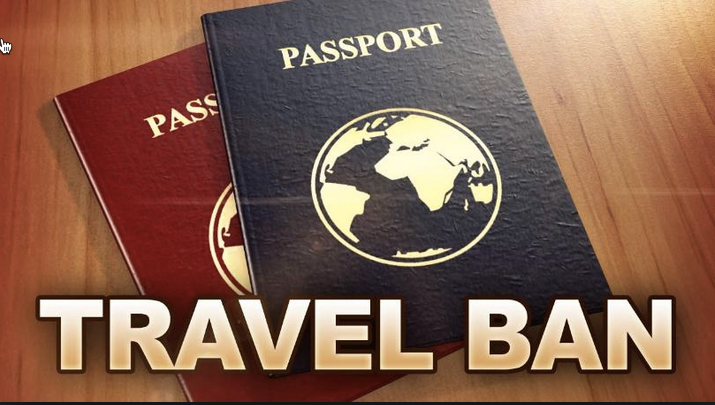WHEN THE Supreme Court upheld the third iteration of President Trump’s travel ban last year, it did so partly on the strength of a waiver program, under which the administration would grant visas to migrants from the affected countries who face “undue hardship” and pose no security threat if their admission promotes the national interest. That prospect helped persuade Chief Justice John G. Roberts Jr., who wrote for the court’s five-member majority, that the travel ban was not, as critics argued, an expression of the administration’s anti-Muslim bigotry but rather a legitimate national security measure, as the administration insisted.
Since then, it has become increasingly clear that the waiver criteria as exercised by the administration are punishingly narrow, vague and arbitrary. Spouses split apart, children in need of urgent health care and people fleeing desperate conditions have been routinely denied waivers and entry to the United States.
It remains unclear precisely what portion of visa seekers from banned countries have been successful in seeking waivers to live permanently or travel briefly (for business or tourism, for instance) to the United States. Nonetheless, preliminary figures published last year, based on the first several months after the ban took full effect in December 2017, suggested that the percentage was in the low single digits, and a federal judge has allowed a lawsuit by would-be migrants denied waivers to proceed.




